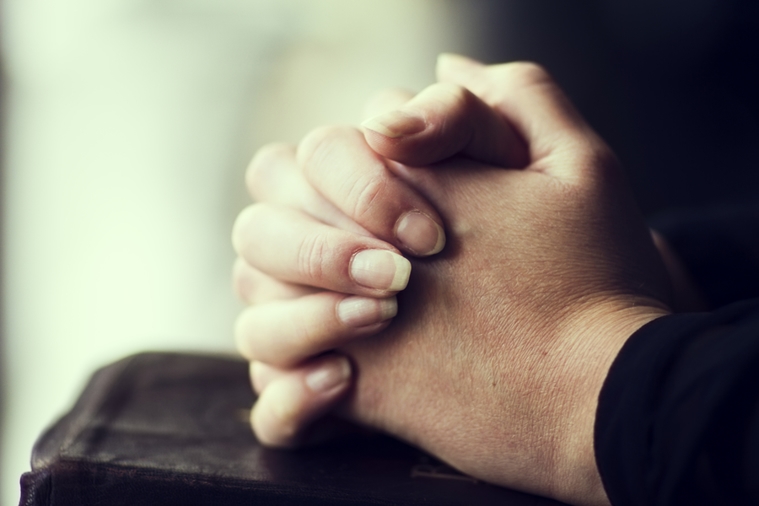Coping with addiction while socially distancing
May 6, 2020

The isolation brought on by social distancing during the COVID-19 pandemic can be hard on anyone. But it may be especially tough for people in recovery from a substance use disorder.
Face-to-face support groups like Alcoholics Anonymous (AA) may be canceled to prevent the spread of the virus. And the isolation you may feel from social distancing can stoke feelings of loneliness, depression and anxiety. All of these things can make it harder to stay away from alcohol and drugs.
But if you're in recovery and worried about a relapse, there is some good news. For example, groups like AA and Narcotics Anonymous are offering virtual support online. And there are other steps you can take to help stay sober.
You're not far from support
First, it may be helpful to remember that you're not in this alone. Many people are struggling with the confines of stay-at-home orders.
You also are just a few clicks away from online support. Call your local recovery support group's office to find out how to connect with a virtual meeting.
Here are some other ways that can help you continue with a successful recovery:
- Call your health care provider's office. Find out if they offer virtual care appointments. You might be able to stay in touch with your doctor online using an app like Skype or FaceTime.
- Work with your provider to be sure you have any medicines you need.
- Are you in recovery for opioid use? Find out if your treatment program can be more flexible about take-home medicine during the pandemic.
- Stay connected to family, friends or your sponsor by phone, email or social media.
- Be open with loved ones about how you're feeling and what you need to stay on track. Would it be helpful if they brought you books or movies?
- Use healthy coping tactics. Practice deep breathing. Pray. Do things you enjoy. Keep a journal and write down things you're grateful for.
- If you do relapse during this stressful time, it doesn't mean you've failed. Work with your doctor to find out why you relapsed. You may need to revise your treatment program.
Sources: American College of Physicians; National Institute on Drug Abuse; Substance Abuse and Mental Health Services Administration
Related articles

What the End of the COVID-19 Public Health Emergency Means for Your Healthcare
May 23, 2023

How COVID-19 survivors can give back during National Blood Donor Month
December 31, 2021

Is it COVID or the flu? What to do if you get sick this winter
December 10, 2021